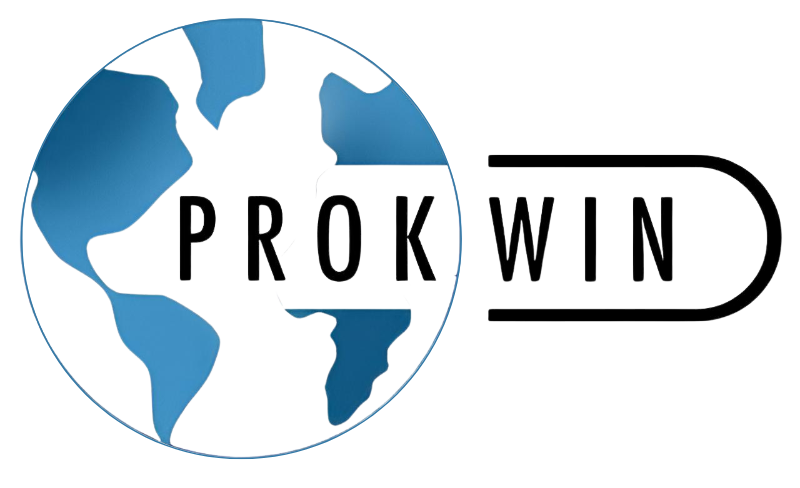In the complex landscape of Engineering, Procurement, and Construction (EPC) projects, procurement plays a pivotal role in determining overall success. Effective procurement strategies can significantly impact project costs, quality, and delivery timelines. This article explores key strategies and best practices that contribute to excellence in EPC procurement, including the crucial pre-assessment and qualification phase of suppliers.
1. Pre-Assessment and Qualification
- Supplier Identification: Conduct a comprehensive search to identify potential suppliers based on project requirements, industry reputation, and geographical location.
- Initial Screening: Evaluate suppliers based on basic criteria such as financial stability, experience, and certifications.
- Pre-Qualification: Conduct a more detailed assessment to determine if suppliers meet specific project requirements, including technical capabilities, quality standards, and delivery timelines.
- Reference Checks: Verify supplier references to assess their performance in past projects.
2. Strategic Sourcing and Vendor Selection
- Supplier Qualification: Rigorous supplier qualification processes ensure that only those capable of meeting project requirements are considered.
- Vendor Performance Evaluation: Continuous evaluation of vendor performance helps identify top-performing suppliers and address underperforming ones.
- Long-Term Partnerships: Building strong, collaborative relationships with suppliers can foster trust, improve communication, and reduce risks.
3. Risk Management and Mitigation
- Risk Assessment: Identify potential risks early in the procurement process and develop mitigation strategies.
- Contractual Safeguards: Incorporate appropriate contractual terms to protect the project’s interests and manage risks.
- Contingency Planning: Develop contingency plans to address unforeseen challenges and minimize their impact on the project.
4. Cost Optimization
- Value Engineering: Implement value engineering techniques to identify cost-saving opportunities without compromising quality or performance.
- Competitive Bidding: Conduct fair and transparent bidding processes to secure the best prices.
- Cost Control Measures: Establish robust cost control mechanisms to track expenses and prevent overspending.
5. Supply Chain Management
- Supply Chain Visibility: Ensure visibility into the entire supply chain to identify potential bottlenecks and risks.
- Just-in-Time Delivery: Implement just-in-time delivery strategies to optimize inventory management and reduce costs.
- Supplier Collaboration: Foster collaboration with suppliers to improve efficiency and responsiveness.
6. Technology Adoption
- Procurement Software: Utilize advanced procurement software to streamline processes, improve data management, and enhance decision-making.
- Digital Contracts: Implement digital contracts to reduce paperwork, improve contract management, and mitigate risks.
- Data Analytics: Leverage data analytics to gain insights into procurement performance and identify areas for improvement.
7. Sustainability and Ethical Sourcing
- Sustainable Procurement: Prioritize suppliers with strong sustainability practices and commitments to environmental and social responsibility.
- Ethical Sourcing: Ensure that procurement practices align with ethical standards and avoid supporting unethical or harmful practices.
8. Continuous Improvement
- Performance Metrics: Establish key performance indicators (KPIs) to measure procurement effectiveness and identify areas for improvement.
- Lessons Learned: Regularly review past projects to identify lessons learned and apply them to future procurement activities.
- Training and Development: Invest in training and development to enhance the skills and knowledge of procurement professionals.
By implementing these strategies, EPC organizations can achieve excellence in procurement, leading to improved project outcomes, reduced costs, and enhanced stakeholder satisfaction.
BONUS
Team Structure and Roles
A well-structured procurement team is essential for successful EPC projects. Consider the following roles and responsibilities:
- Procurement Manager: Oversees the entire procurement process, ensuring alignment with project objectives and budget and leads the communication and reports with EPC teams.
- Procurement Specialists: Handle specific procurement activities, such as sourcing, contract negotiation, and supplier relationship management.
- Category Managers: Focus on specific categories of goods or services, developing sourcing strategies and managing supplier relationships.
- Contract Administrators: Ensure that contracts are executed and managed effectively, including change orders and dispute resolution.
- Procurement Analysts: Provide data analysis and support to the procurement team, identifying cost-saving opportunities and improving efficiency.

No responses yet